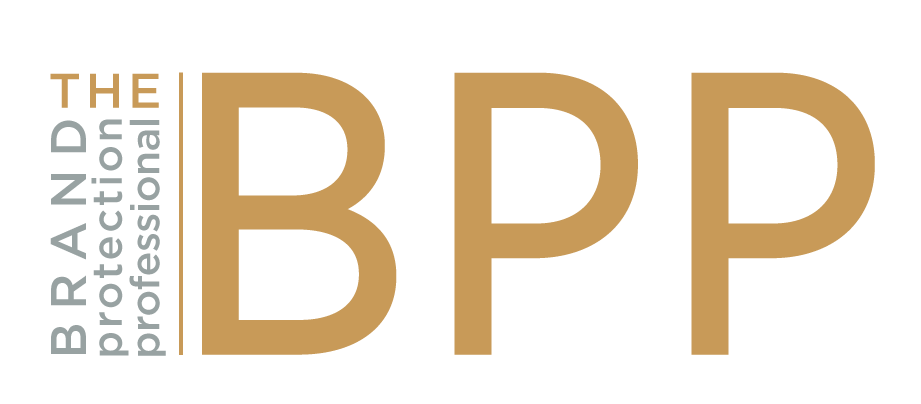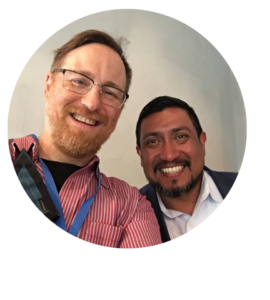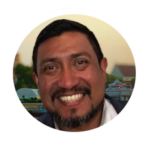A VIEW FROM THE FIELD
Brand Protection in Latin America
Note from Andrew: The whole concept of this column is a casual conversation format where two professionals chat informally about the tactics and challenges of brand protection. This exact phenomenon happens all the time at brand protection gatherings, either during session or afterwards, many times with a glass of wine in hand.
For this edition’s column, Aaron Aguilar of Underwriters Laboratories (UL) and I replay a conversation we had over lunch one day while we were both attending an event in Cartagena, Colombia.
- Next…
THE BRAND PROTECTION PROFESSIONAL | JUNE 2018 | VOLUME 3 NUMBER 2
2018 COPYRIGHT MICHIGAN STATE UNIVERSITY BOARD OF TRUSTEES



